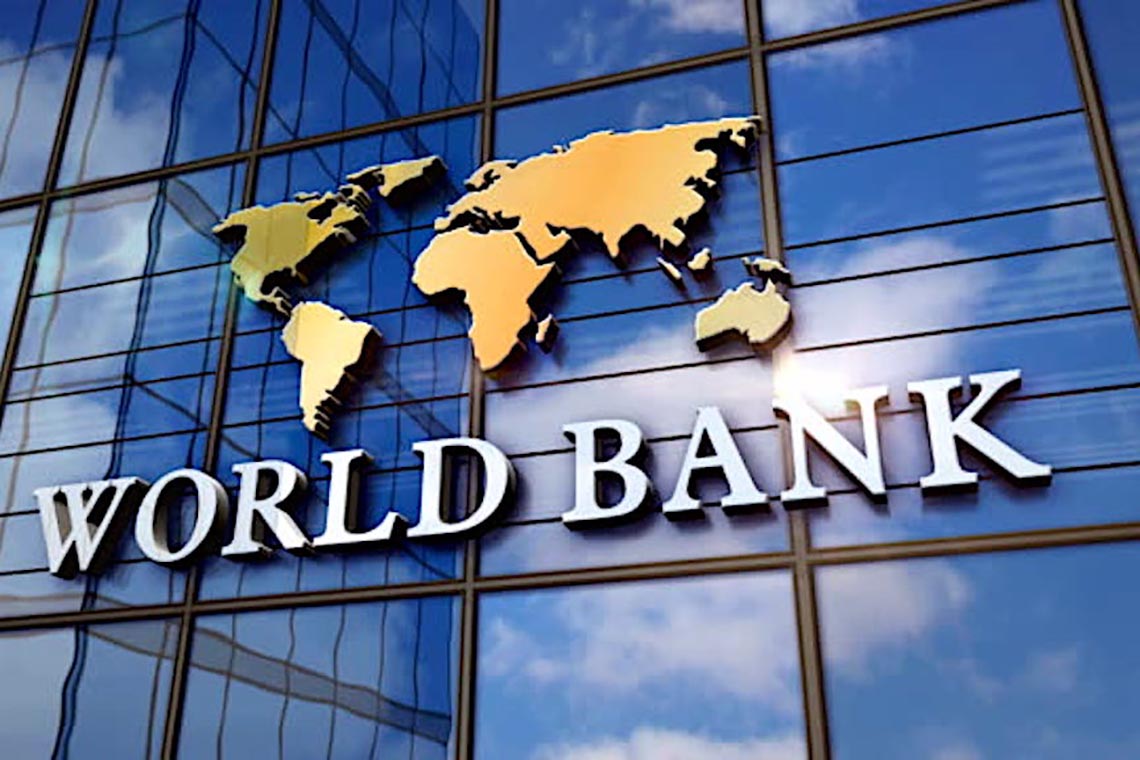BUSINESS

WORLD BANK TARGETS $510MILLION INVESTMENT PUSH IN DEVELOPING NATIONS
The World Bank Group, through its private-sector arm, the International Finance Corporation (IFC), has successfully completed its first securitisation transaction, a milestone in efforts to channel global institutional capital into developing economies.
The $510 million collateralised loan obligation marks the first step in IFC’s strategy to implement an “originate-to-distribute” model for financing projects in emerging markets.
Under the arrangement, IFC’s loan portfolio is repackaged into rated securities, creating a new asset class tailored to the risk and return requirements of global investors such as pension funds, insurance firms, and asset managers.
According to IFC, this model is designed to open access to some of the world’s largest pools of capital while freeing up its balance sheet to support additional projects across developing nations.
World Bank Group President Ajay Banga described the move as pivotal for economic transformation, noting that large-scale private investment is essential for job creation and poverty reduction.
“Mobilising private investment at scale is essential to creating the jobs that give people a ladder out of poverty and begin the journey of changing a family’s trajectory for generations,” Banga said.
“This is step one in an originate-to-distribute strategy that holds significant potential to attract private capital at scale. It also frees up our balance sheet so we can support more countries and more private-sector players. The opportunity and the need are much larger, and so is our ambition.”
The deal, listed on the London Stock Exchange, has drawn strong investor interest. It consists of a $320 million senior tranche acquired by private investors, a $130 million mezzanine tranche backed by a consortium of credit insurers, and a $60 million equity tranche. Goldman Sachs served as the arranger for the transaction, which is expected to be replicated as a scalable model for future issuances.
The World Bank Group confirmed plans to roll out similar transactions regularly under this framework, strengthening its commitment to building a pipeline that promotes private-sector participation in development finance.
This structure addresses two major challenges in development financing. First, it offers institutional investors access to emerging market credit opportunities typically beyond their reach. Second, it allows IFC to recycle capital, enabling it to expand support for high-impact projects in countries that need it most.
The originate-to-distribute strategy was among the key recommendations of the Private Sector Investment Lab, established in June 2023 to identify obstacles to private-sector investment in developing markets and craft practical solutions.
By securitising its portfolio, IFC demonstrates how innovative financial tools can connect global investors’ demand for returns with the funding requirements of developing economies.
Experts note that such initiatives are crucial for addressing the vast infrastructure, energy, and social investment needs of low- and middle-income countries. With public funding and traditional aid proving insufficient, mobilising private capital has become central to the World Bank’s strategy under Banga’s leadership.
Analysts believe the success of this deal will likely inspire other development finance institutions to adopt similar approaches, paving the way for greater flows of private capital into underserved regions.
For the World Bank Group, this pioneering securitisation represents not only a financial innovation but also a shift in its role—from being primarily a lender to acting as a catalyst for large-scale investment in developing economies.
"This represents a significant development in our ongoing coverage of current events."— Editorial Board









